To put it simply, the need for healthcare reform is an obvious issue not to be ignored; however, my views on President Obama’s proposed plan remains skewed. As usual, there is still room for improvement, just as in any other case of critical government decision.
There are alternatives, and their most heavily doted upon facets are centered largely around the “public option/private option” controversy, as the two most apparent ideas are that of removing the said “public option” completely and implementing a system of co-ops to replace the need for a public option.
Perhaps the next most crucial aspect of the situation is how the government plans to fund the reform. Recent proposals include schemes involving taxation on various levels of various people and institutions, namely households making over $350,000 per year and insurance companies offering “gold-plated” insurance policies to select individuals. However, explaining the complicated fabric involved is a tedious and wordy task and will not be addressed here.
Also, having both the Senate and House provide suggestions for the bill is an admirable affair, and as such, I hope that most flaws in the much-anticipated bill can be tailored into an agreeable final result.
With all this in mind, my opinion on the issue rests in this: in this chapter of American history, general welfare undoubtedly should be held in higher esteem than any extraneous profit for immortal institutions, such as the insurance industry, etc. This has not been the case in the past, and the fallacy in this is that the government is an institution (in this country, at least) by the people and for the people.
How is it that the very foundation of our economy, any economy, is denied the means to even remotely pleasurable living? This “foundation” represents the said people more so than any other percentage-sect of our population; this is why I believe the current system should be replaced.
I wholeheartedly embrace our President’s suggestions of a Health Insurance Exchange, where individuals can compare insurance possibilities, and “individual mandates,” taxes on those without insurance placed to create an incentive to obtain insurance while providing subsidies to those who cannot afford insurance regardless. They both will undoubtedly yield mass profits to the insurance industry, albeit the individual agencies suffering due to the economy. Unfortunately, here lies the not-to-be-discussed matter of capital. In this, it is quite possible that postponing the plan to a more financially and economically stable time might procure a more desirable outcome.
I also support the idea of removing the aforementioned “public option,” which, for those ignorant of its meaning, is the coverage provided by one’s employer, if such coverage is offered. My reason for opposing this form of insurance is that this form of coverage is manipulative, in that it hardly achieves a bare minimum standard of healthcare. Of course, having this is better than nothing at all, but focusing insurance into an exchange is what I believe will produce the most benefit for a greater amount of the general public. Still, I’m not too familiar with the more complex innards of co-ops and cannot be moved against it.
My mother is a doctor. She and all medical professionals knowledgeable of healthcare can readily agree to the following: insurance plans available to those with lesser income are totally abusive, unreliable and pitiable at that. And when an individual working two jobs, with or without a child or spouse cannot afford a reliable insurance plan to protect the general well-being of them and their children, there is something terribly wrong. Do note that these are real situations, though they are unfortunately outside the comprehension of many spoiled or otherwise indoctrinated minds. Indeed, the general speculations of what some might call “Robin Hood-ism” could not be more false. By Jaz Denny










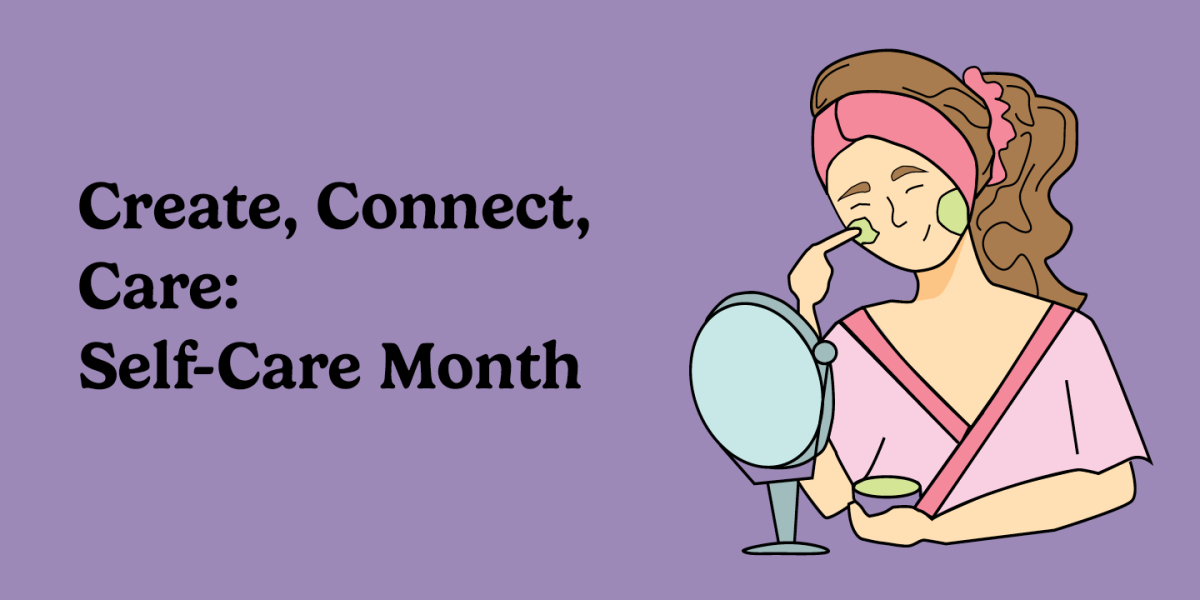




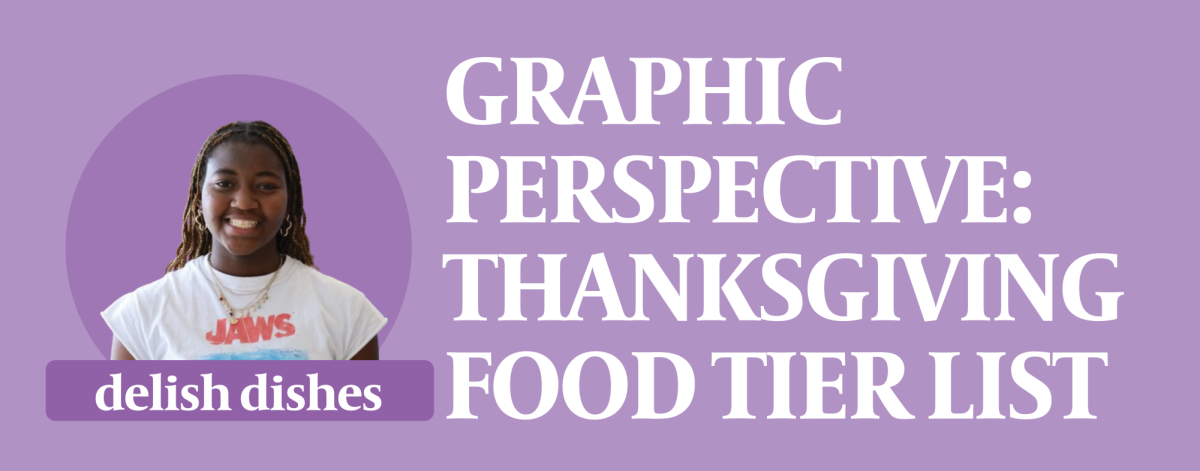
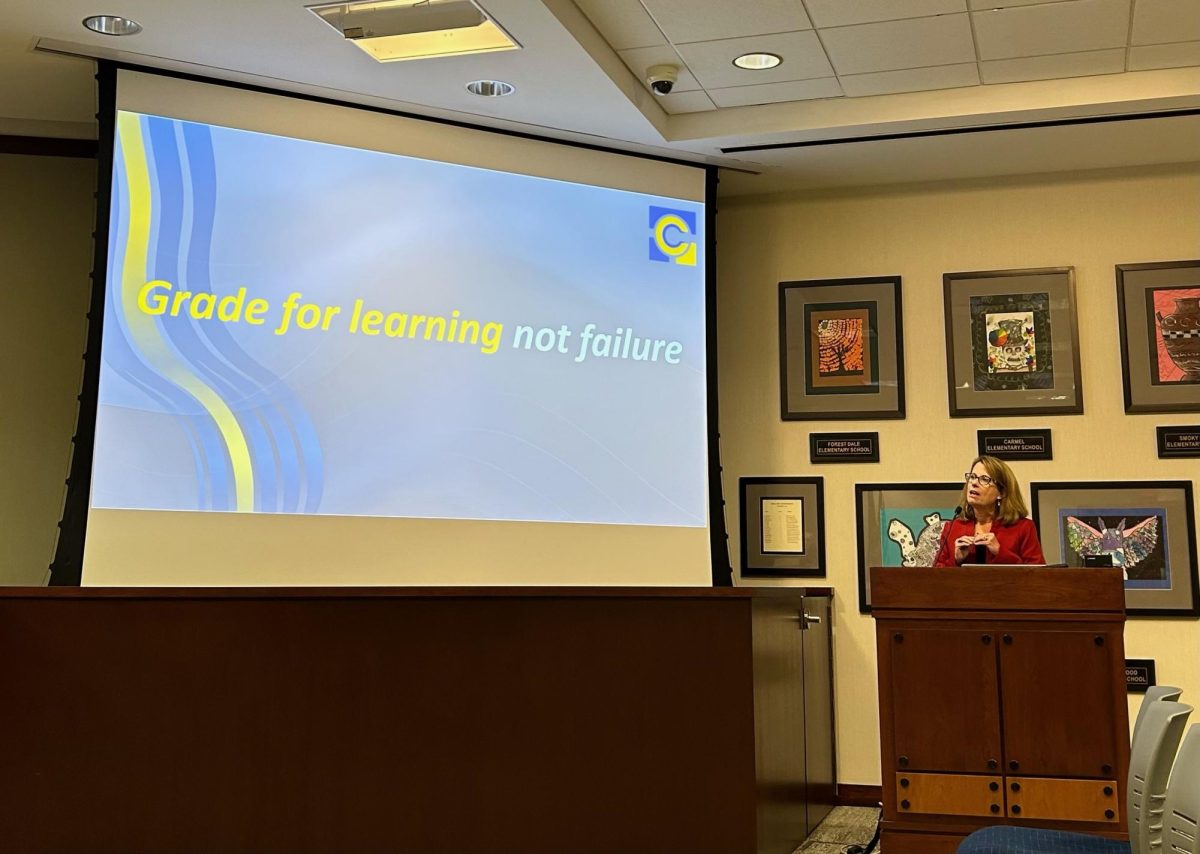














!["Wicked" poster controversy sparks a debate about the importance of accuracy versus artistic freedom [opinion]](https://hilite.org/wp-content/uploads/2024/11/riva-perspective-cover-1200x471.jpg)
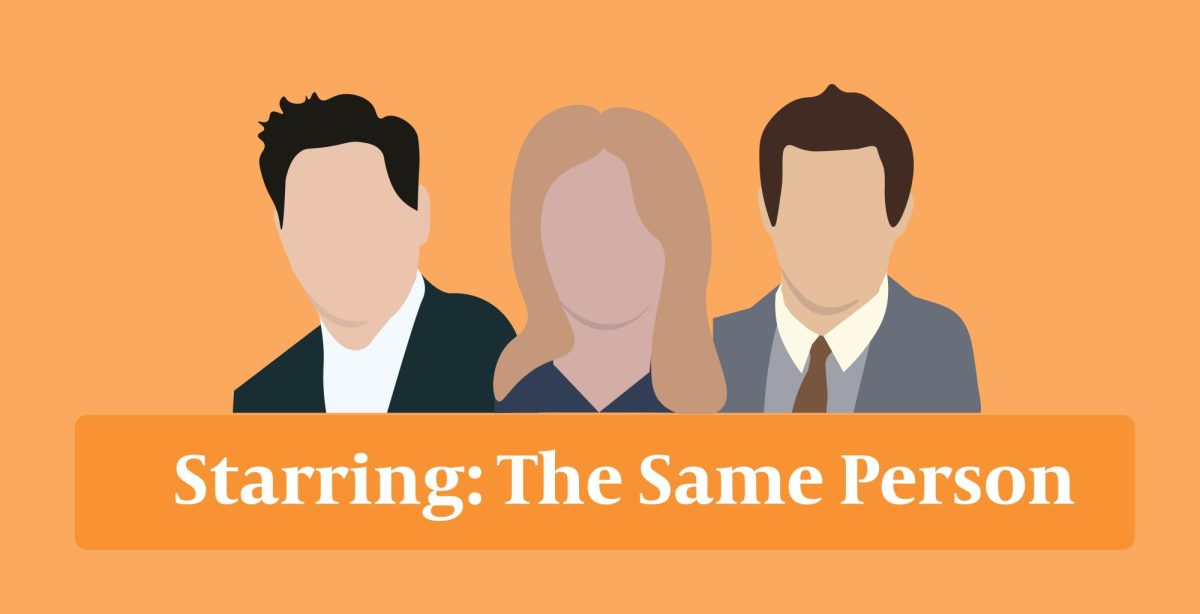
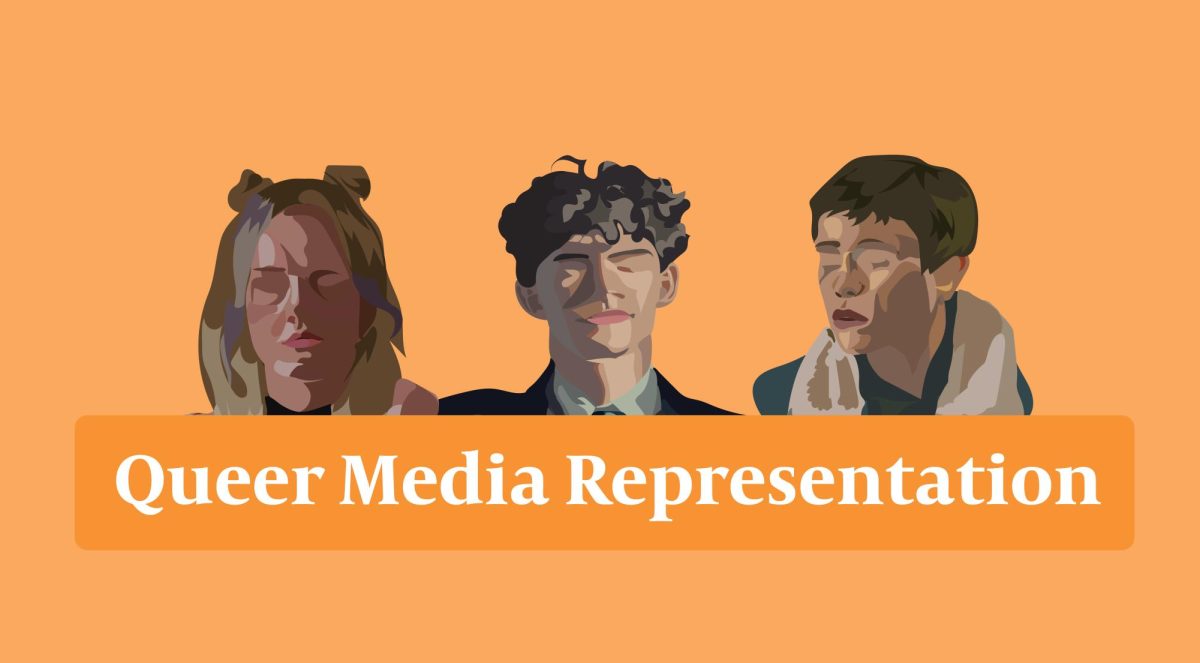
![Chilling or Childish? The downfall of modern horror movies [opinion]](https://hilite.org/wp-content/uploads/2024/10/adjusted-horror-cover-1200x471.jpg)
![“Uglies” is a call for change in the YA dystopian genre [opinion]](https://hilite.org/wp-content/uploads/2024/10/Perspectives-Cover-1200x471.jpg)






































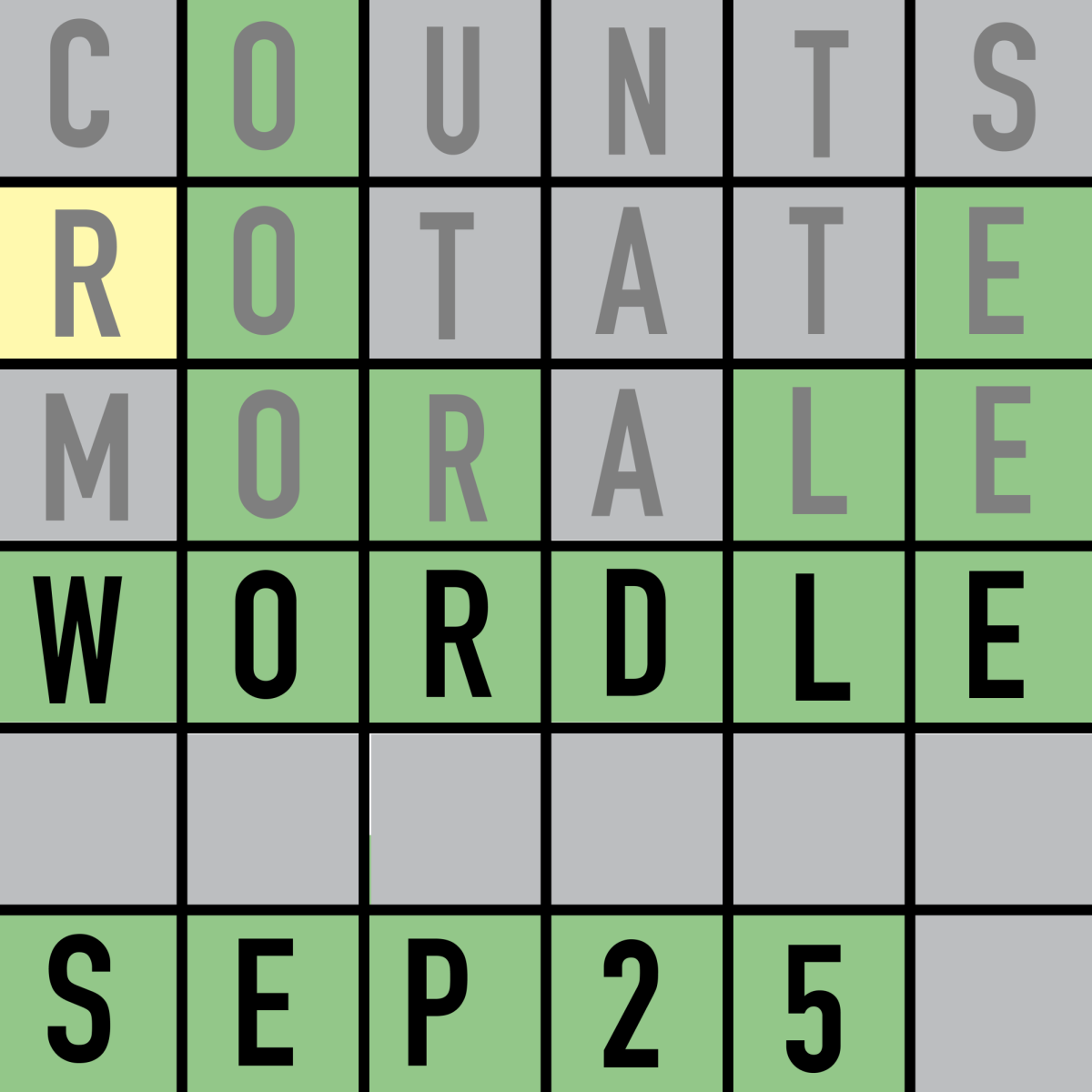





![Review: “Arcane” Season 2 exceeds expectations, but leaves the finale as the make or break of the series [MUSE]](https://hilite.org/wp-content/uploads/2024/11/GUddsa6XIAAuDuB-1-e1723281667555-1200x676.jpg)
![Review: Indy Scream Park is a perfect level of spook to kickstart the Halloween season [MUSE]](https://hilite.org/wp-content/uploads/2024/11/IMG_1383.jpg)
![Review: “Saturday Night” is a chaotic and thrilling look at the origins of “Saturday Night Live” [MUSE]](https://hilite.org/wp-content/uploads/2024/10/snl-1200x800.jpg)
![Review: “Megalopolis” is a bold, bewildering mess [MUSE]](https://hilite.org/wp-content/uploads/2024/10/MV5BYTk3MjUzMGItYmU1NC00M2YyLThmNDMtNDI4NjkxNjgzMjQzXkEyXkFqcGdeQXRyYW5zY29kZS13b3JrZmxvdw@@._V1_-1200x675.jpg)
![Review in Print: Maripaz Villar brings a delightfully unique style to the world of WEBTOON [MUSE]](https://hilite.org/wp-content/uploads/2023/12/maripazcover-1200x960.jpg)
![Review: “The Sword of Kaigen” is a masterpiece [MUSE]](https://hilite.org/wp-content/uploads/2023/11/Screenshot-2023-11-26-201051.png)
![Review: Gateron Oil Kings, great linear switches, okay price [MUSE]](https://hilite.org/wp-content/uploads/2023/11/Screenshot-2023-11-26-200553.png)
![Review: “A Haunting in Venice” is a significant improvement from other Agatha Christie adaptations [MUSE]](https://hilite.org/wp-content/uploads/2023/11/e7ee2938a6d422669771bce6d8088521.jpg)
![Review: A Thanksgiving story from elementary school, still just as interesting [MUSE]](https://hilite.org/wp-content/uploads/2023/11/Screenshot-2023-11-26-195514-987x1200.png)
![Review: "When I Fly Towards You", cute, uplifting youth drama [MUSE]](https://hilite.org/wp-content/uploads/2023/09/When-I-Fly-Towards-You-Chinese-drama.png)
![Postcards from Muse: Hawaii Travel Diary [MUSE]](https://hilite.org/wp-content/uploads/2023/09/My-project-1-1200x1200.jpg)
![Review: "Ladybug & Cat Noir: The Movie," departure from original show [MUSE]](https://hilite.org/wp-content/uploads/2023/09/Ladybug__Cat_Noir_-_The_Movie_poster.jpg)
![Review in Print: "Hidden Love" is the cute, uplifting drama everyone needs [MUSE]](https://hilite.org/wp-content/uploads/2023/09/hiddenlovecover-e1693597208225-1030x1200.png)
![Review in Print: "Heartstopper" is the heartwarming queer romance we all need [MUSE]](https://hilite.org/wp-content/uploads/2023/08/museheartstoppercover-1200x654.png)





